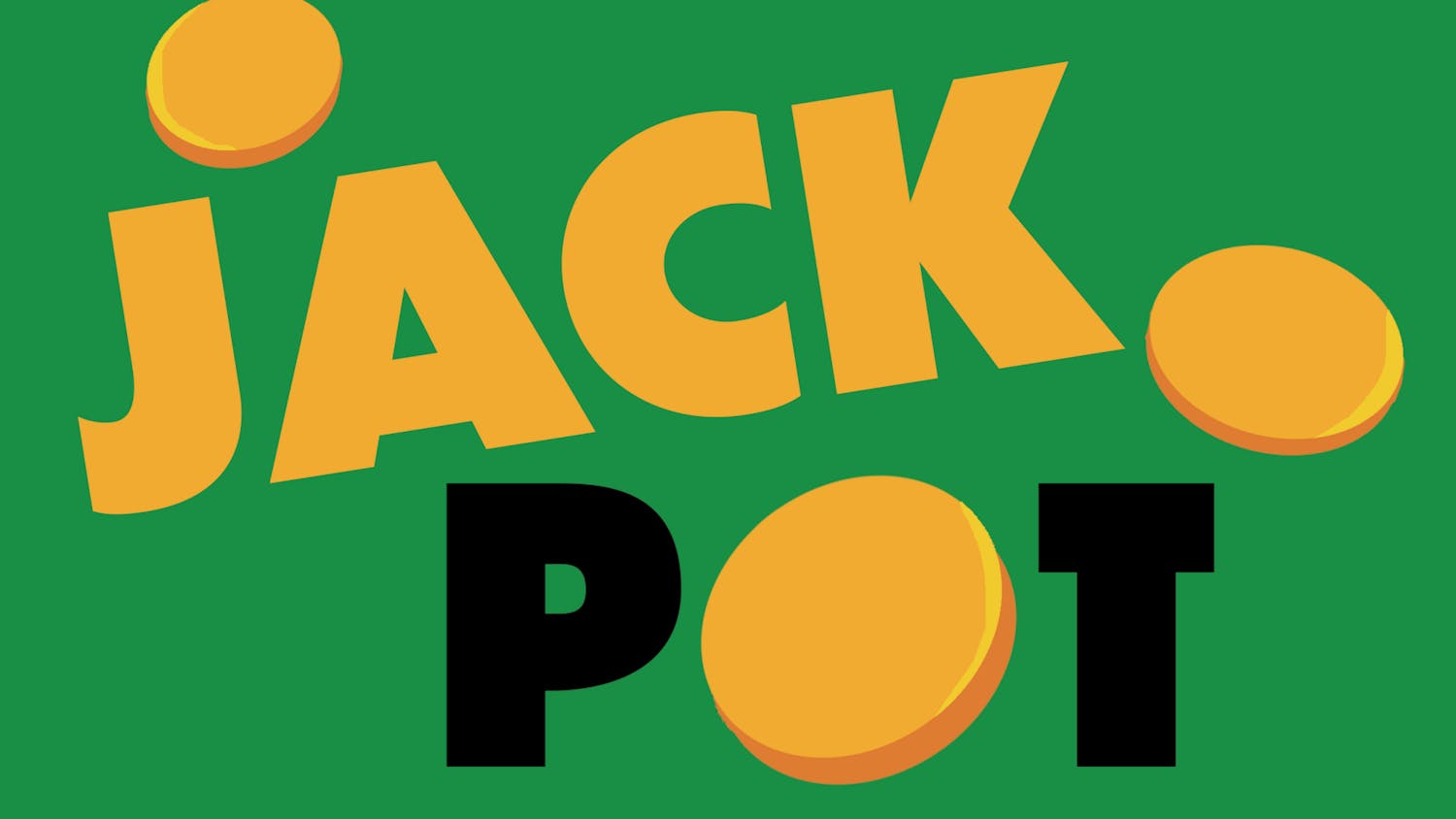Benjamin Ervin | The Post
This past week at D23, Pixar announced several new projects. This news coincided with the announcement of a partnership between Disney and premier film collection Criterion, with “WALL-E” their first re-release.
Considered by most critics as the best Pixar film, “WALL-e” has topped many a “best of Pixar” list. Though, WALL-E never quite reaches the heights of the previous year’s film “Ratatouille.”
Released in 2007, “Ratatouille” follows a rat named Remy as he pursues a career as a chef. An underdog story of an unlikely protagonist, “Ratatouille” has captured the imagination of audiences and critics alike, including the late Anthony Bourdain.
In his Oscar acceptance speech, the director Brad Bird talks about his inspiration for “Ratatouille.” Bird recounts how his guidance counselor asked him what he wanted to do with his life, and when Bird said make movies, the counselor retorted with “what else?” To which Bird reiterates with “make movies.”
This core theme of bucking expectations to be an artist underlies much of Bird’s work. This can be found early in his career as a writer on “The Simpsons.” “Like Father, Like Clown” is one of two episodes Brad Bird directed, and follows the estranged relationship between the performer Krusty the Clown and his Rabbi father. The conflict is a result of Krusty’s insistence on becoming a clown, instead of a Rabbi.
The episode can be seen as an attempt on Bird’s part to explore this relationship of expectation and artist. What family and society expect, and what the individual wants in their lives. This theme comes up again in his 2007 feature “Ratatouille.”
The film proposes a theme “anyone can cook.” It is the driving force behind Remy’s interest in being a chef. Though, this role is often contradicted by friends and family. Leading to Remy’s capture and reflection on his life.
Trapped with the imaginary figure of Gusteau, Remy is forced to confront who he tells people he is and who he truly is deep down. It is a conflict between expectations and the self that becomes clear when Remy realizes he knows he is: a chef.
The scene lingers on Remy’s realization, that throughout the film he was never pretending, but being the cook he wanted to be. It’s an empowering message that ties back to Brad Bird’s award night speech: If you know you want to be an artist, then you’ll do anything to become that artist.
“Ratatouille” is a film about artists, and the obstacles they face in order to create. The film is as much about the creation of art as it is the promotion of it, and now here is this more apparent than the serving of ratatouille.
In this final moment of the film, “Ratatouille” reminds us of its purpose. The role of a good chef, like any artist, is to make people happy. In this way the “Ratatouille” finale asks us to return to that simple dish of an animated film, and experience it again and again, with that magical first bite.
Benjamin Ervin is a senior studying English literature and writing at Ohio University. Please note that the views and opinions of the columnists do not reflect those of The Post. Want to talk more about it? Let Benjamin know by emailing him be425014@ohio.edu.






